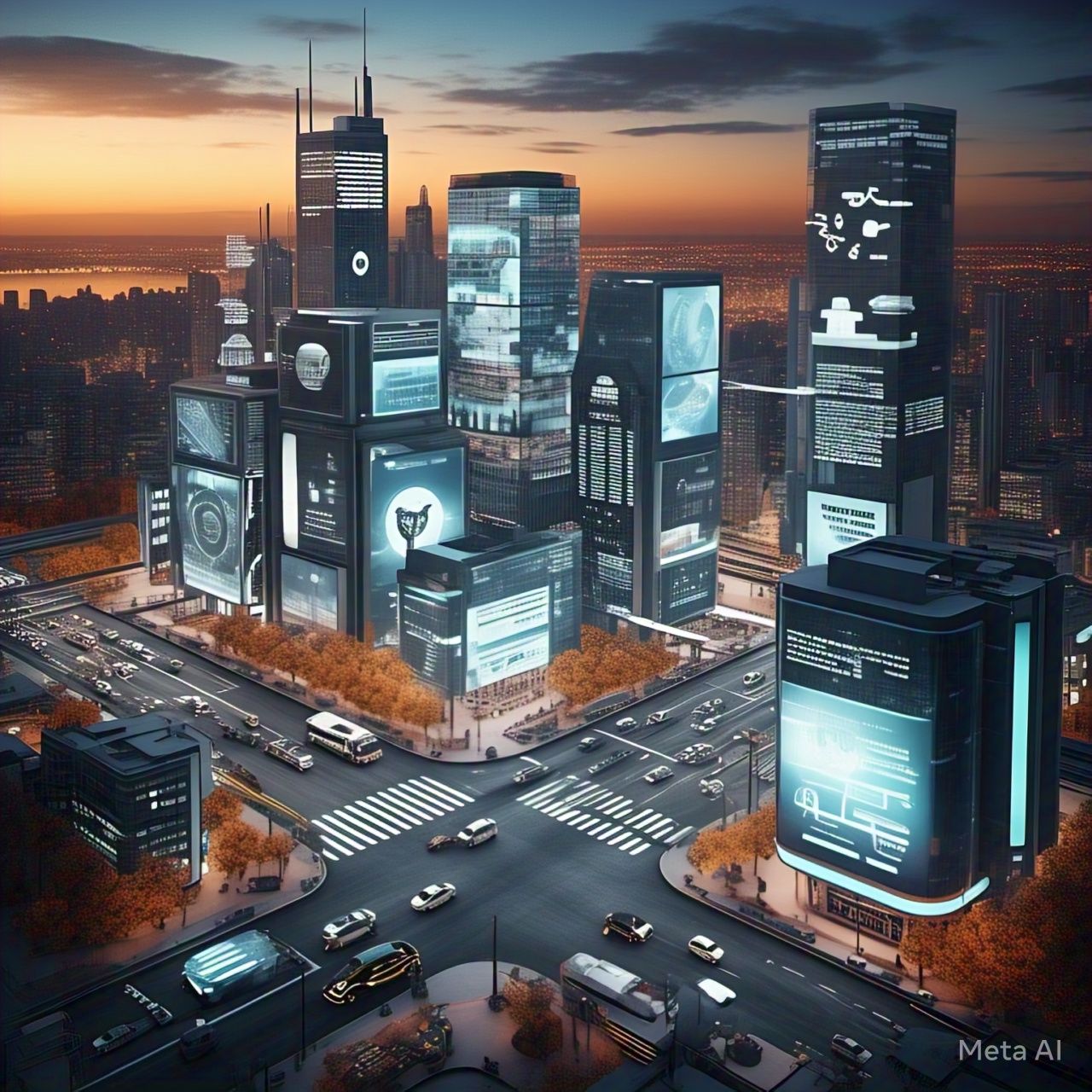Introduction
Artificial Intelligence (AI) is reshaping various aspects of society, and politics is no exception. As governments seek more efficient ways to manage policies, public services, and decision-making, AI-driven governance is emerging as a potential solution. From automated bureaucracy to AI-assisted policymaking, the future of politics may be significantly influenced by intelligent systems. But what are the benefits, risks, and ethical dilemmas of automated governance?
The Role of AI in Modern Governance
1. AI-Powered Policy Analysis
AI can process vast amounts of data to assist governments in:
- Analyzing public sentiment through social media and surveys
- Predicting the impact of policies before implementation
- Identifying inefficiencies in public programs and suggesting improvements
2. Smart Bureaucracy and Automation
Governments are increasingly using AI to streamline bureaucratic processes, such as:
- Automated document verification and approval
- AI-driven tax assessments and fraud detection
- Intelligent chatbots for public inquiries and service requests
3. AI in Political Decision-Making
AI-driven insights can help policymakers make informed decisions by:
- Providing data-driven recommendations based on historical trends
- Simulating policy outcomes using predictive analytics
- Reducing human bias in legislative processes
The Ethical and Political Challenges of AI Governance
1. Transparency and Accountability
The implementation of AI in politics raises concerns about:
- The opacity of AI decision-making processes
- Ensuring accountability when AI-driven policies fail
- The challenge of maintaining public trust in automated systems
2. Algorithmic Bias and Fairness
AI models can inadvertently reinforce biases if not properly regulated, leading to:
- Discriminatory policy recommendations based on flawed data
- Marginalization of certain groups in automated governance
- The risk of AI favoring political agendas unintentionally
3. Cybersecurity and AI Manipulation
AI-driven governance systems must be safeguarded against:
- Hacking and data breaches that could compromise national security
- AI-powered misinformation campaigns aimed at influencing public opinion
- Foreign interference through AI-driven political strategies
The Future of AI in Political Systems
1. AI-Driven Direct Democracy
Some experts suggest that AI could enable more participatory governance by:
- Allowing citizens to engage in AI-assisted voting platforms
- Providing unbiased summaries of political issues for informed decision-making
- Enhancing civic engagement through personalized policy recommendations
2. AI as a Political Advisor
Rather than replacing human politicians, AI could act as an advisory tool by:
- Assisting lawmakers with real-time policy analysis
- Reducing bureaucratic inefficiencies in legislative processes
- Enhancing government responsiveness to public concerns
3. Global AI Governance Frameworks
To ensure responsible AI adoption in politics, international cooperation is needed to:
- Develop ethical AI governance standards
- Regulate AI’s role in electoral processes and policymaking
- Prevent the misuse of AI in authoritarian regimes
Conclusion
AI has the potential to revolutionize politics, making governance more efficient, data-driven, and transparent. However, its adoption must be approached with caution, considering the ethical, social, and security implications of AI-powered decision-making. As nations explore AI’s role in governance, striking a balance between technological innovation and democratic integrity will be critical in shaping the future of politics. The challenge lies not only in leveraging AI’s capabilities but also in ensuring that its deployment aligns with democratic values and public trust.




